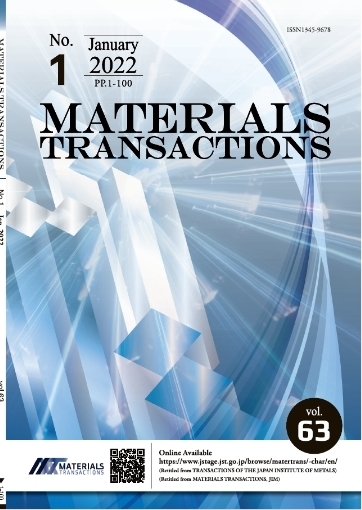Ab Initio Local-Energy and Local-Stress Calculations for Materials Science and Engineering
Masanori Kohyama, Shingo Tanaka, Yoshinori Shiihara
pp. 1-15
Abstract
Revealing atomic-scale distributions of energy and stress in defective or complex systems, based on the behavior of electrons, should contribute much to materials science and engineering, while only few practical ab initio methods were developed for this purpose. Thus, we developed computational techniques of local-energy and local-stress calculations within the plane-wave PAW (projector augmented wave)-GGA (generalized gradient approximation) framework. This is natural extension of ab initio energy-density and stress-density schemes, while the inherent gauge dependency is removed by integrating these densities in each local region where the contained gauge-dependent terms are integrated to be zero. In this overview, we explain our scheme with some details and discuss the concepts or physical meanings of local energy and local stress via the comparison with related schemes using similar densities, LCAO (linear combination of atomic orbitals) methods, Green’s function formulation implemented by multiple scattering or TB (tight-binding) methods, or EAM (embedded-atom method) potentials. We present recent applications to metallic surfaces, grain boundaries (GBs) with and without solute segregation, tensile tests of metallic GBs, local elastic constants of microstructures in alloys, and machine-learning based GB-energy prediction, where the local-energy and local-stress analyses provide novel aspects of phenomena, deep insights into the mechanism, and effective data for novel machine-learning based modelling. We discuss unsettled issues and future applications, especially for large-scale metallic systems.
Readers Who Read This Article Also Read
ISIJ International Vol.57(2017), No.1
Journal of the Japan Institute of Energy Vol.101(2022), No.8
Journal of the Japan Institute of Energy Vol.99(2020), No.12










